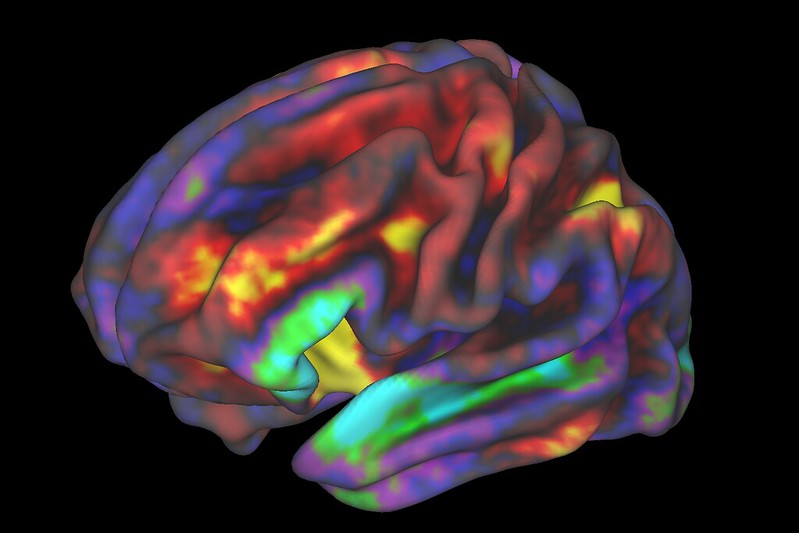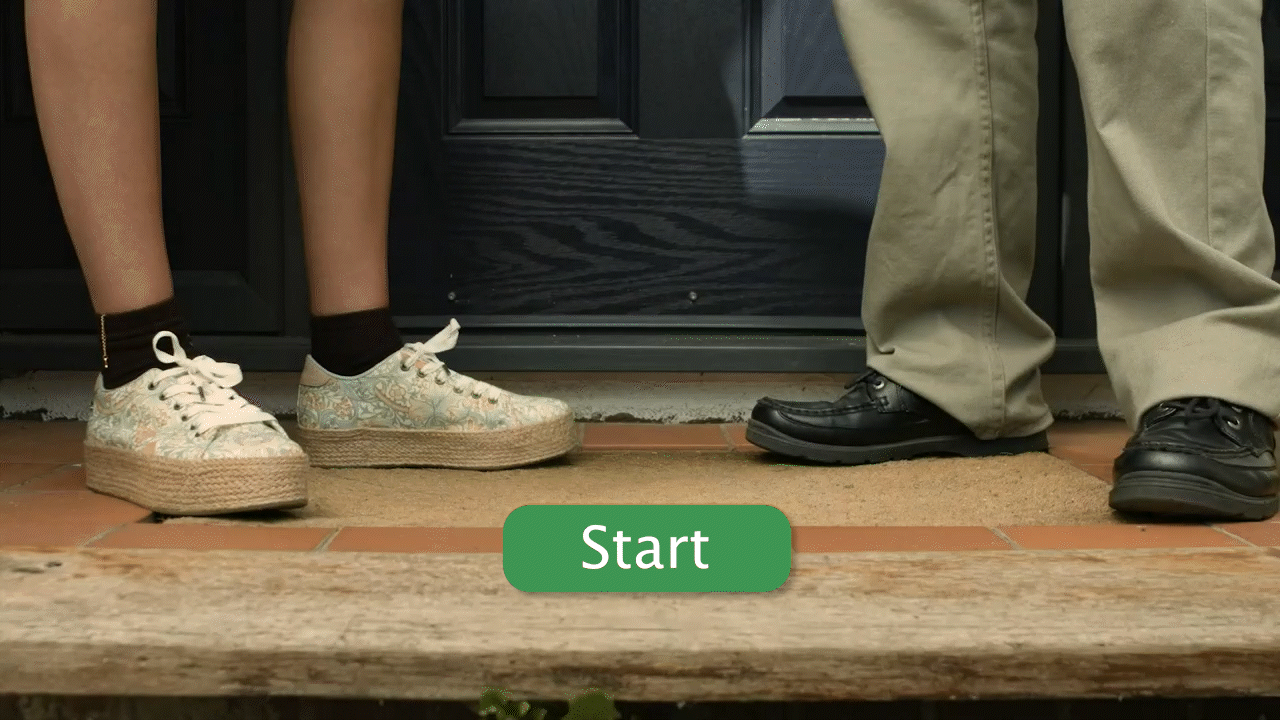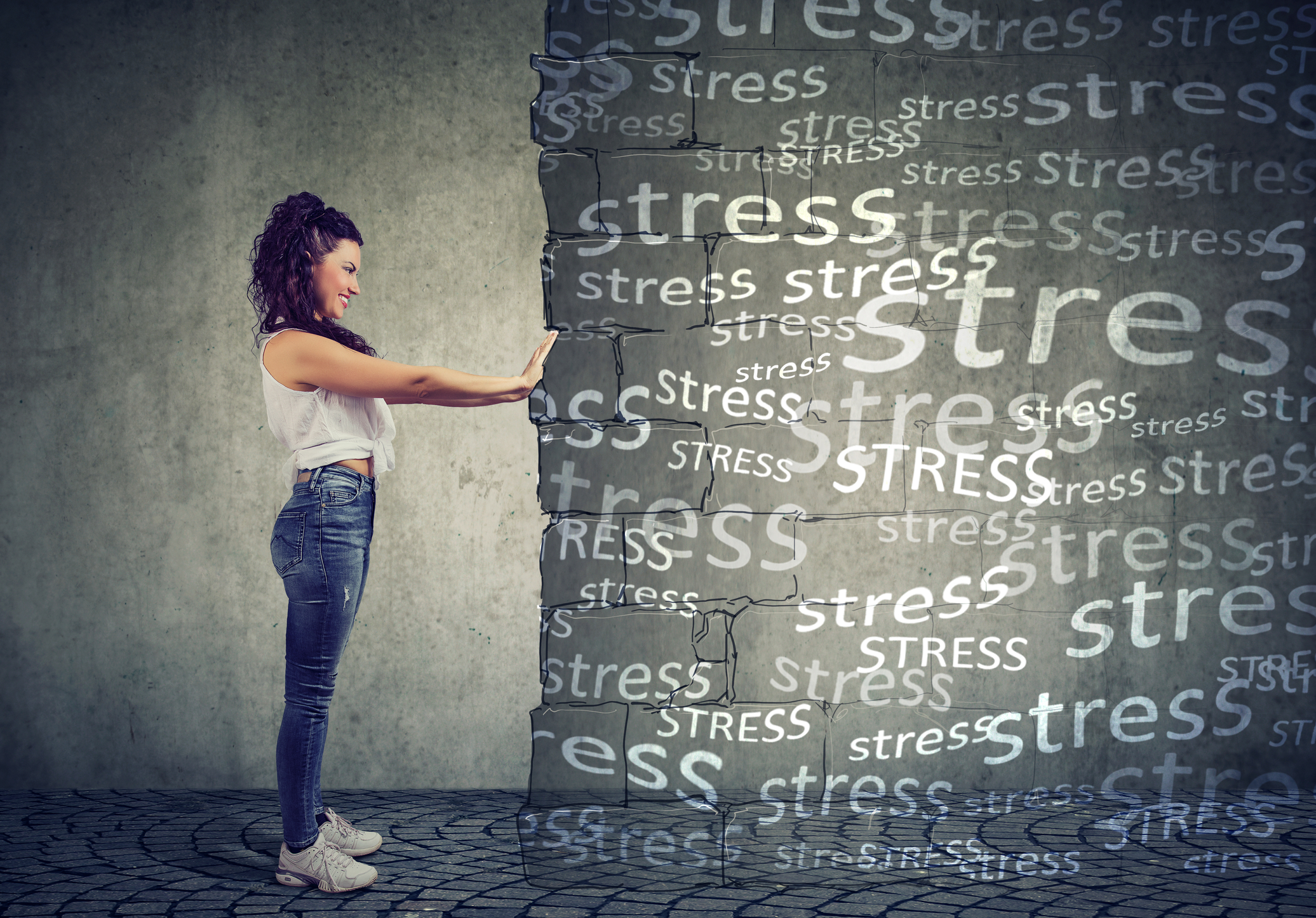April is National Stress Awareness Month in the UK so we've curated some of our top content on stress and how to combat it in the FREE resources below.
Tips from our experts for managing stress
-
How to manage the digital-related stress of technology
Read now to access more details of How to manage the digital-related stress of technologyHow can we avoid the stress and anxiety associated with the digital age? Dr Gini Harrison and Dr Mathijs Lucassen give us five tips...

-
Stress and anxiety in the digital age: the dark side of technology
Read now to access more details of Stress and anxiety in the digital age: the dark side of technologyWhat is it about new technology that is making many of us anxious and stressed? Dr Gini Harrison and Dr Mathijs Lucassen explore the top five stressors:

-
Five tips for relaxing during difficult times
Read now to access more details of Five tips for relaxing during difficult timesModern life can leave many of us feeling stressed out. Here Dr Mathijs Lucassen offers five tips so that you can relax.

-
Five tips on how to plan new self-care routines
Read now to access more details of Five tips on how to plan new self-care routinesDr Sharon Mallon explores what is meant by self-care before introducing you to some of the top inexpensive and time-effective ways that you can introduce self-care practices into your life.

-
Five reasons why you should care about mindfulness
Read now to access more details of Five reasons why you should care about mindfulnessMindfulness is about focusing on the present moment, whilst at the same time accepting your feelings, thoughts, and body’s sensations. But why does mindfulness matter?

-
The benefits of mindfulness and five common myths surrounding it
Read now to access more details of The benefits of mindfulness and five common myths surrounding itMindfulness has grown in popularity in recent years but how exactly can we apply it and what misconceptions surround the practice? This article explores...

The wellbeing benefits of greenspaces and exercise
-
The benefits of outdoor green and blue spaces
Read now to access more details of The benefits of outdoor green and blue spacesThe COVID-19 pandemic led to an increased focus on the value of participating in nature. This article explores how outdoor spaces can improve our mental health.

-
Green care: contact with nature can improve mental health
Read now to access more details of Green care: contact with nature can improve mental healthCan being outside gardening improve our wellbeing? Discover three factors that account for the positive effects of 'green care'.

-
Introduction to Green Social Prescribing — Mental Health and the Workplace Environment
Read now to access more details of Introduction to Green Social Prescribing — Mental Health and the Workplace EnvironmentHow workplaces can begin to make use of ideas from green social prescribing to enhance wellbeing.

-
Exercise and mental health
Learn more to access more details of Exercise and mental healthEach year thousands of pounds are spent on medications to treat conditions such as anxiety and depression. These medications often have negative side effects. Exercise is an alternative treatment that is low cost and has few side effects. In this free course, Exercise and mental health, we will look at the links between exercise and improved ...

-
Depression, mood and exercise
Read now to access more details of Depression, mood and exerciseLooking for a few tips on increasing your mood? Dr Jitka Vseteckova explores the relationship between depression and exercise.

-
Addressing health inequalities in greenspaces to age well: Part I socio-economic and transport access inequalities
Read now to access more details of Addressing health inequalities in greenspaces to age well: Part I socio-economic and transport access inequalitiesNatural spaces are beneficial to health and wellbeing and can help people to age well but there are a number of barriers to these in our society. This article explores these inequalities and what's being done to address them.

Stress hormones and emotions
-
A perfect day: how well do you know your happiness hormones?
Take part now to access more details of A perfect day: how well do you know your happiness hormones?How to have a good day? Do our choices have an effect on our happiness hormones? Try our interactive activity and see if you can help make Rowan's day better!
-
A hug for the brain: what does it mean to have a happy, healthy brain?
Read now to access more details of A hug for the brain: what does it mean to have a happy, healthy brain?Dr Sinead Eccles explores the function of a healthy brain in regulating our health.

-
Emotions and emotional disorders
Learn more to access more details of Emotions and emotional disordersIn this free course, Emotions and emotional disorders, you will learn about some of the disorders related to the feelings of stress, sadness and anxiety including how these disorders are diagnosed, their biological correlates, and evidence of their possible causes.

Coping with studying and exam stress
-
How can I cope with exam stress
Read now to access more details of How can I cope with exam stressThe exam period brings with it extra challenges - but if you manage your stress, you can make it through. Teena Clouston has some tips, and you may turn your papers over now.

-
Top tips for exam revision and preparation
Watch now to access more details of Top tips for exam revision and preparationHow can you best prepare for an exam? This short animation gives you some top revision tips.

-
At a crossroads: navigating work and/or family alongside study
Take part now to access more details of At a crossroads: navigating work and/or family alongside studyBalancing the demands of studying with family or employment responsibilities can be difficult. This interactive explores different challenges, including lack of understanding and support from family members and employers, time pressures, and dealing with the emotional side of navigating work, family and study. Based on the real-life experiences ...

Burnout and stress at work
-
Applying Psychology to Work
Learn more to access more details of Applying Psychology to WorkNavigating work in a changing world with the power of psychology.

-
Stress and Burnout in Aviation
Read now to access more details of Stress and Burnout in AviationPeople facing life stressors have a higher likelihood of making errors. This combined with fatigue can cause burnout - so how do pilots deal with this?

-
Millennial burnout: building resilience is no answer – we need to overhaul how we work
Read now to access more details of Millennial burnout: building resilience is no answer – we need to overhaul how we workMillennials have been dubbed “the burnout generation”, Rajvinder Samra looks at how the prolonged stress of this can be avoided.

Exploring stress from trauma
-
Tackling juror trauma and stress
Read now to access more details of Tackling juror trauma and stressWhat is the impact of jury duty? How can we tackle the trauma and support jurors?

-
Introduction to the trauma-informed investigation of rape and serious sexual offences article series
Read now to access more details of Introduction to the trauma-informed investigation of rape and serious sexual offences article seriesTrauma can affect the way victims of rape or serious sexual offences behave and react, so how should police officers go about investigating these cases? This series of articles explores research looking into these investigations and the need for a trauma-informed approach.

-
The First World War: trauma and memory
Learn more to access more details of The First World War: trauma and memoryIn this free course, The First World War: trauma and memory, you will study the subject of physical and mental trauma, its treatments and its representation. You will focus not only on the trauma experienced by combatants but also the effects of the First World War on civilian populations.

Insights on stress and neurodiversity
-
Why an autistic meltdown or shutdown is not a ‘tantrum’
Read now to access more details of Why an autistic meltdown or shutdown is not a ‘tantrum’What is the difference between a meltdown and a shutdown, and why do autistic people react in this way when they are distressed and overwhelmed?

-
How to support neurodivergent mothers during pregnancy and birth
Read now to access more details of How to support neurodivergent mothers during pregnancy and birthHow can midwives and practitioners create a more positive and supportive birthing experience for neurodivergent mothers?

-
Dealing with feedback when you are neurodivergent
Read now to access more details of Dealing with feedback when you are neurodivergentWhy is receiving feedback different when you’re neurodivergent and how can you get better at dealing with it?

Free courses on stress, anxiety and burnout
-
Understanding depression and anxiety
Learn more to access more details of Understanding depression and anxietyThis free course, Understanding depression and anxiety, explores the causes of these mental health issues, with a particular focus on stress. You will consider some risk and causal factors for some depression and anxiety disorders, and learn about the biology and psychology behind them.

-
Exploring anxiety
Learn more to access more details of Exploring anxietyThis free advanced level course, Exploring anxiety, serves as an introduction to masters level study in neurosciences and mental health. Focusing on anxiety, you will consider key issues concerning diagnosis, causes and interventions. You will also learn how to evaluate news items, and to go behind the headlines and begin to explore some of the ...

-
Learning from sport burnout and overtraining
Learn more to access more details of Learning from sport burnout and overtrainingSport can place high levels of stress on athletes, coaches and others involved. If unable to cope with these stresses they may be vulnerable to developing burnout. This free course, Learning from sport burnout and overtraining, examines burnout in sport from various perspectives including both the coach’s and athlete’s perspective. Drawing on ...



Rate and Review
Rate this article
Review this article
Log into OpenLearn to leave reviews and join in the conversation.
Article reviews